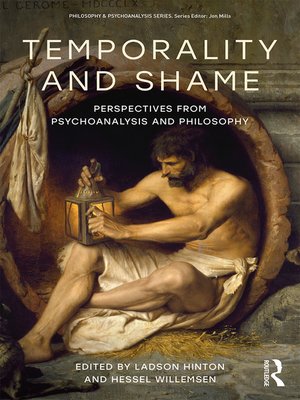Temporality and Shame
ebook ∣ Perspectives from Psychoanalysis and Philosophy · Philosophy and Psychoanalysis
By Ladson Hinton

Sign up to save your library
With an OverDrive account, you can save your favorite libraries for at-a-glance information about availability. Find out more about OverDrive accounts.
Find this title in Libby, the library reading app by OverDrive.



Search for a digital library with this title
Title found at these libraries:
| Library Name | Distance |
|---|---|
| Loading... |
Winner of the 2018 American Board and Academy of Psychoanalysis (ABAPsa) prize for best Edited book
Temporality has always been a central preoccupation of modern philosophy, and shame has been a major theme in contemporary psychoanalysis. To date, however, there has been little examination of the critical connection between these core experiences. Although they deeply implicate each other, no single book has focused upon their profound interrelationship. Temporality and Shame highlights the many dimensions of that reality.
A core point of this book is that shame can be a teacher, and a crucial one, in evaluating our ethical and ontological position in the world. Granting the fact that shame can be toxic and terrible, we must remember that it is also what can orient us in the difficult task of reflection and consciousness. Shame enables us to become more fully present in the world and authentically engage in the flow of temporality and the richness of its syncopated dimensionality. Such a deeply honest ethos, embracing the jarring awareness of shame and the always-shifting temporalities of memory, can open us to a fuller presence in life. This is the basic vision of Temporality and Shame. The respective contributors discuss temporality and shame in relation to clinical and theoretical aspects of psychoanalysis, philosophy, anthropology, and genocide, as well as the question of evil, myth and archetype, history and critical studies, the 'discipline of interiority', and literary works.
Temporality and Shame provides valuable insights and a rich and engaging variety of ideas. It will appeal to psychotherapists and psychoanalysts, philosophers and those interested in the basic philosophical grounds of experience, and anthropologists and people engaged in cultural studies and critical theory.







